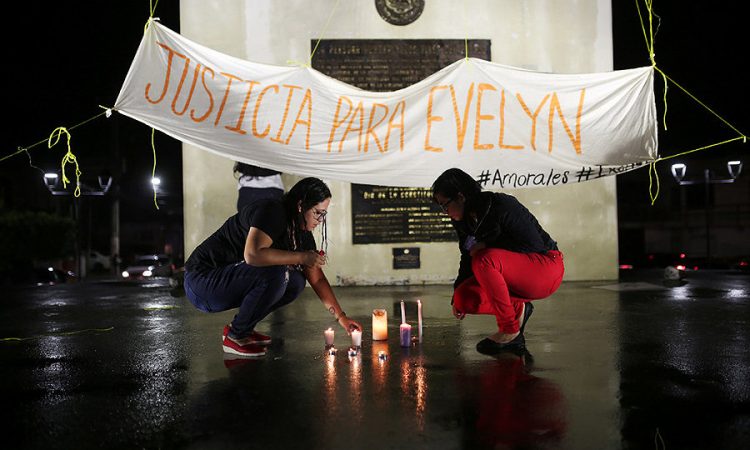SAN SALVADOR—Mirna Ramírez was arrested for attempting to murder her daughter on the day she was born.
Ms. Ramírez was seven months pregnant when she suddenly went into labor at home, where she delivered her daughter. Neighbors rushed to help and arrived right after the birth. Afterward, though, saying they suspected she had been trying to abort the baby, they reported her to authorities. She was sentenced to 15 years in prison.
“It was the worst day of my life,” says Ramírez, who was freed on parole three years ago, after serving 12. “They didn’t believe me when I said I didn’t try an abortion. My daughter was left alone.”
El Salvador has one of the most restrictive abortion laws in the world. For 20 years, the procedure has been banned without exceptions. The Constitution defines life as beginning at conception. Most controversially, however, abortion is criminalized. Dozens of women who say they suffered miscarriages or stillbirths have been imprisoned.
That may be poised to change. A bill introduced in the legislature this spring would permit abortions in a few cases, such as the rape of a minor, or to save the life of a mother. That debate would not have taken place even a few years ago, some activists say. They point to “Las 17,” as the original group of imprisoned women are known, for helping to shine a spotlight on an overlooked side of the law – its consequences for families left behind – and on the lack of justice for women who have suffered miscarriages, convicted through trials that critics say assume guilt and often proceed without direct proof.





